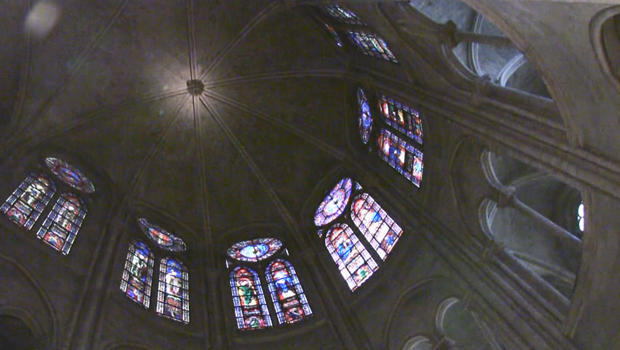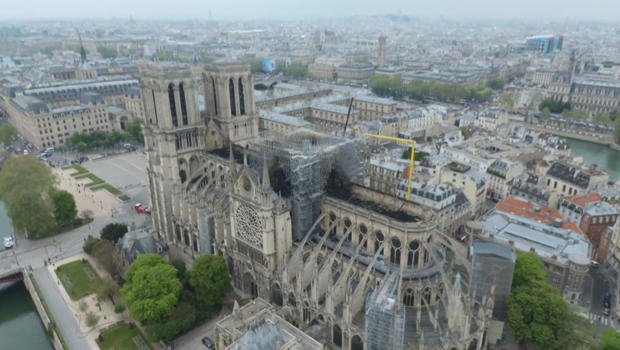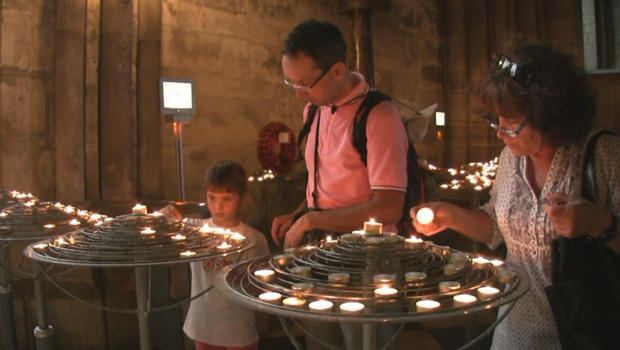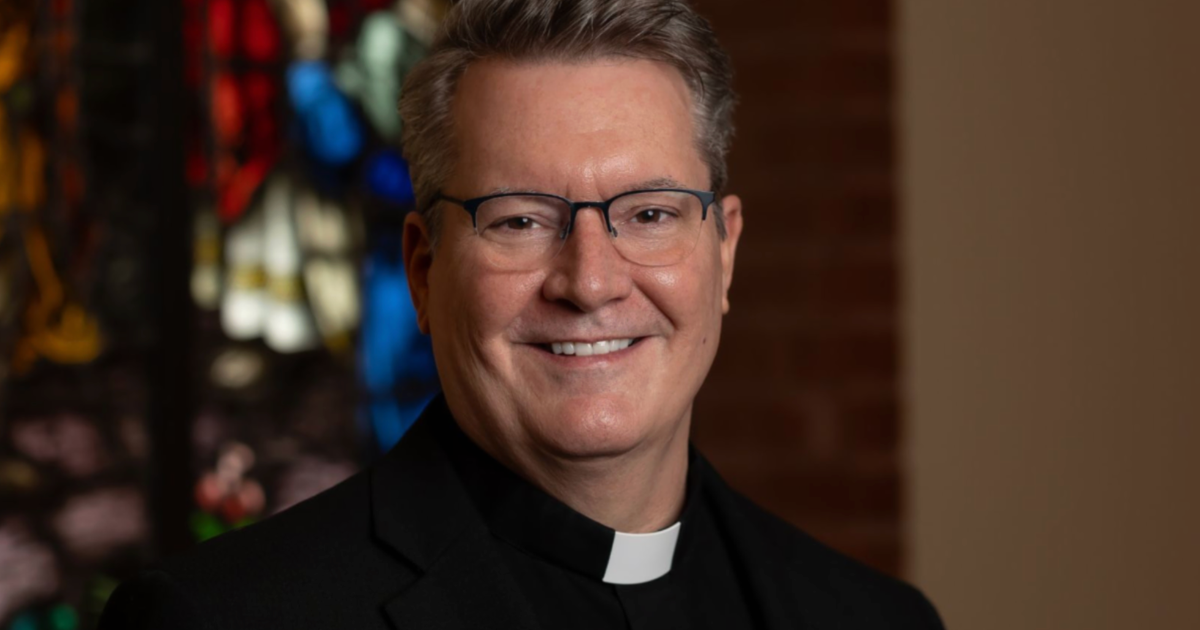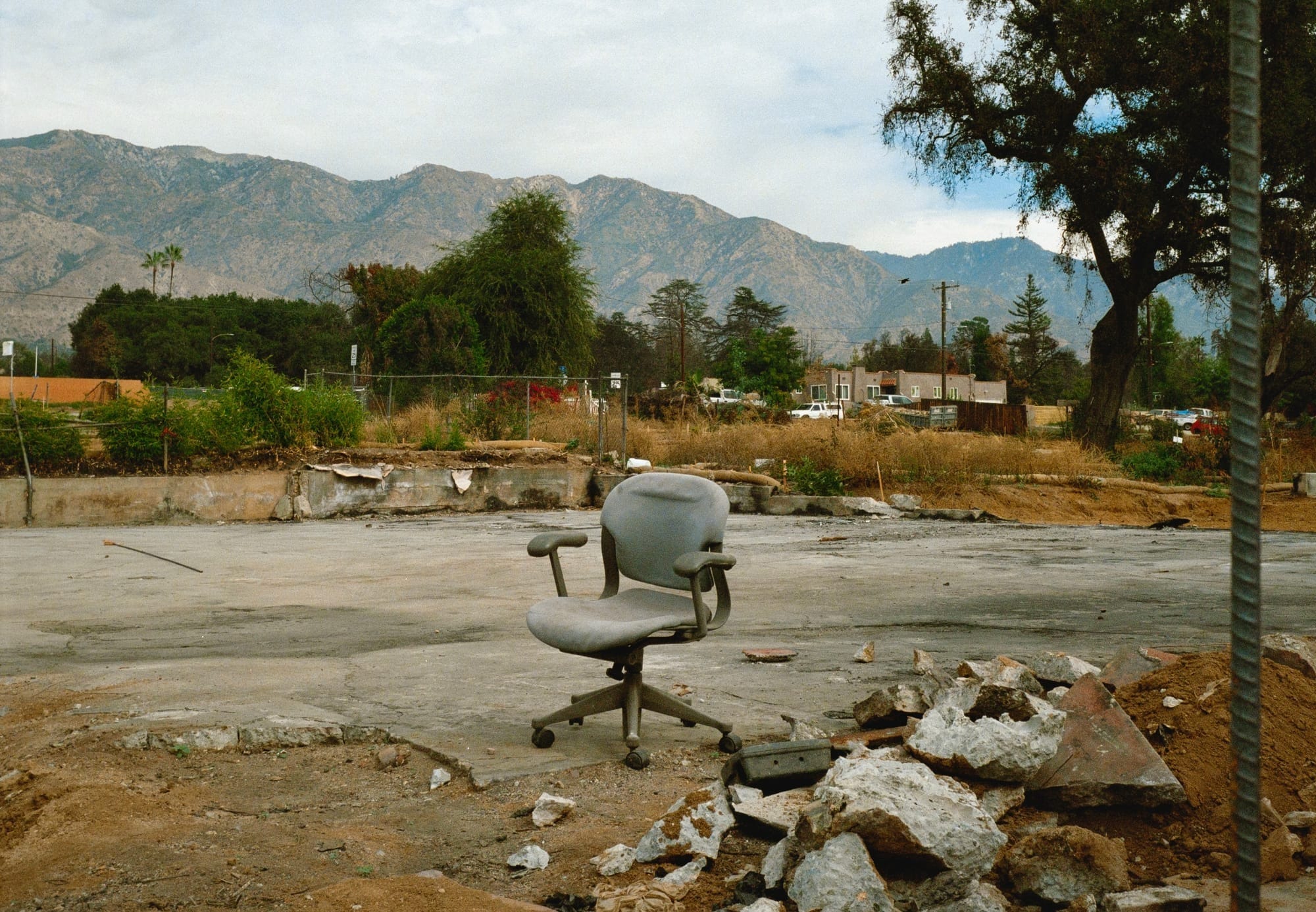Notre Dame, the world's church
I've lived in Paris on and off for the past 20 years, and I don't want to see images of Notre Dame in ruins anymore – no more charred beams and broken glass – because I remember it from a story I did a while back.
It had withstood a war, a revolution and neglect as well as the impact of 30,000-40,000 tourists every day, a handful of whom would climb the nearly 400 stairs to the towers. It's spectacular.
But Notre Dame is so much more than stone. This is, above all, a living church with a staff and volunteers. There are organists, florists, sacristans, the choir, and a devoted congregation who give it meaning.
Michael Perry, a priest from Brooklyn who used to volunteer at the Cathedral every summer, said, "We have no idea how many people 'get it.' Something happens when they come into the church, and they realize it. They walk in as tourists, they walk out as pilgrims."
Looking up at the soaring arches and the ceiling 115 feet above is humbling. And yet, it isn't even the highest cathedral in the world, though it was one of the most important, because before Notre Dame, churches were squat and nearly windowless.
Before Notre Dame, it was impossible to build anything that high; stone walls alone could not have supported the weight of that roof. The solution is towers, called flying buttresses, disbursing the weight. It not only allowed walls to go higher, but to open the walls for the great windows. That would forever change the way churches could be built, and it ushered in the gothic style.
And yet, despite all that, by the nineteenth century Notre Dame had fallen into disrepair. Incredibly, there was a movement to tear it down, until an architect named Eugène-Emmanuel Viollet-le-Duc stepped in to save it. He enlisted the help of a writer friend named Victor Hugo.
And this is where the character of Quasimodo enters the story. Most people know the tortured hunchback as merely the bell ringer, but his story was pivotal, because of Hugo's novel, "The Hunchback of Notre Dame." The narrative pauses at the 14th chapter to describe the cathedral's beauty. "And those ten pages saved this church," said Perry.
Thank God they did.
The church has long been one of France's proudest achievements, though Father Michael Perry keeps it all in perspective: "I had an experience a long time ago when this woman showed up at the front door of the church with her cousin Camille, and Camille says, 'Come on, let's go in.' And the cousin says, 'Ah, you've seen one, you've seen 'em all!'"
Well, Camille's cousin, the world disagrees!
A billion dollars in donations for its restoration have already poured in. It is the world's church.
Story produced by Young Kim.
